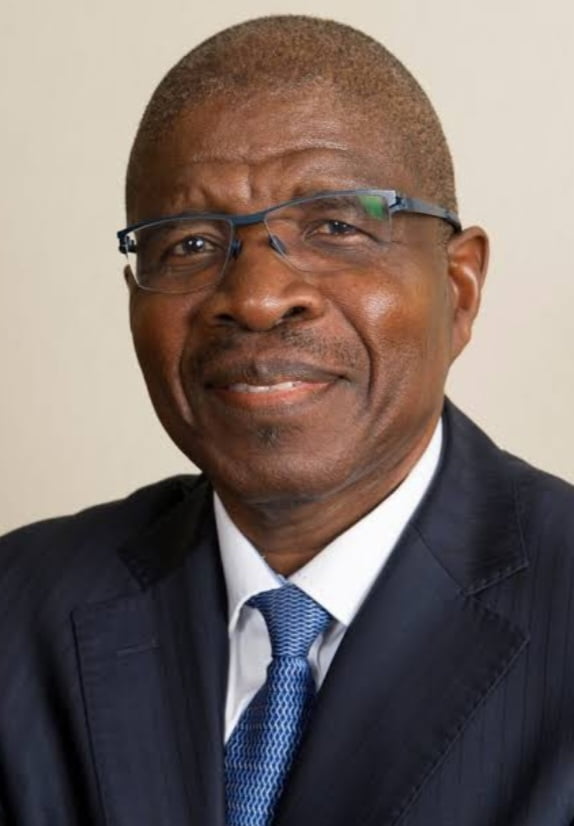STELLENBOSCH TO HOST A CONFERENCE ON CORPORATE GOVERNANCE

Stellenbosch:Insufficient corporate governance lies at the core of several societal welfare and democratic challenges, spanning from dysfunctional municipalities struggling to meet service delivery needs due to corruption and inefficiency, to disparities in the private sector such as wage gaps and collusive practices that do not serve the public interest.
Addressing the critical issues surrounding ethical and efficient leadership, the 2nd Corporate Governance Conference to be held 11-12 December in Stellenbosch will delve into pertinent issues such as integrated and sustainability reporting, the ramifications of Artificial Intelligence, board composition, executive compensation, and climate change, among other vital areas.
One of the pertinent discussions will include a panel discussion “The Governance of Sustainability”, which is especially relevant considering the controversial head of COP28’s claim that there was “no science” suggesting phasing out fossil fuels will help limit global warming to 1.50C. The discussion will be led by Mohamed Adam, Lead Independent Director of The Ethics Institute of South Africa.
The event is jointly organised by the Centre for Corporate Governance in Africa at Stellenbosch Business School and the School of Accountancy at Stellenbosch University.
With the theme “Corporate Governance Best Practices in a Changing World”, the conference will gather local and international academics and corporate specialists with about 60 papers presented over the two days.
Keynote speakers include Prof Wiseman Nkuhlu, Chairman of KPMG South Africa, and Prof Musa Mangen, Professor of Accounting at Nottingham University Business School, with panel discussions by Imre Nagy, Chief Executive Officer of the Independent Regulatory Board for Auditors’ (IRBA), Dr Jaisheila Rajput, Chief Executive Officer of TOMA-NOW, Shameela Soobramoney, Chief Executive Officer of the National Business Initiative (NBI), and Jacques de Brie, Head of Outsourcing and Investor Relations at Singular Systems.
Professor Nicolene Wesson, Head of the Centre for Corporate Governance in Africa and one of the Conference Convenors, underscores the seismic shifts in both business and societal landscapes over the past decade, ushing in new prospects and challenges for organisations.
“Global phenomena such as climate change, escalating inequality levels, the interconnectedness of global trade, rapid technological and scientific advancements have profoundly influenced economic and social structures, as well as our value systems and beliefs,” Professor Wesson notes.
She emphasises that organisations face mounting pressure to align their management practices with sustainable, long-term growth while also considering their impact on society, moving away from solely pursuing short-term gains.
Dr George Nel, Deputy Director of Research at the School of Accountancy and-co-Conference Convenor, further adds that “the escalating demand for transparency, accountability, and responsible business behaviour, urges organisations to be cognisant of the needs of a diverse range of stakeholders (including employees, customers, communities, suppliers, and the environment) in decision-making processes, and embracing innovative technologies to tackle cybersecurity, economic fluctuations, operational challenges, and compliance requirements.”

